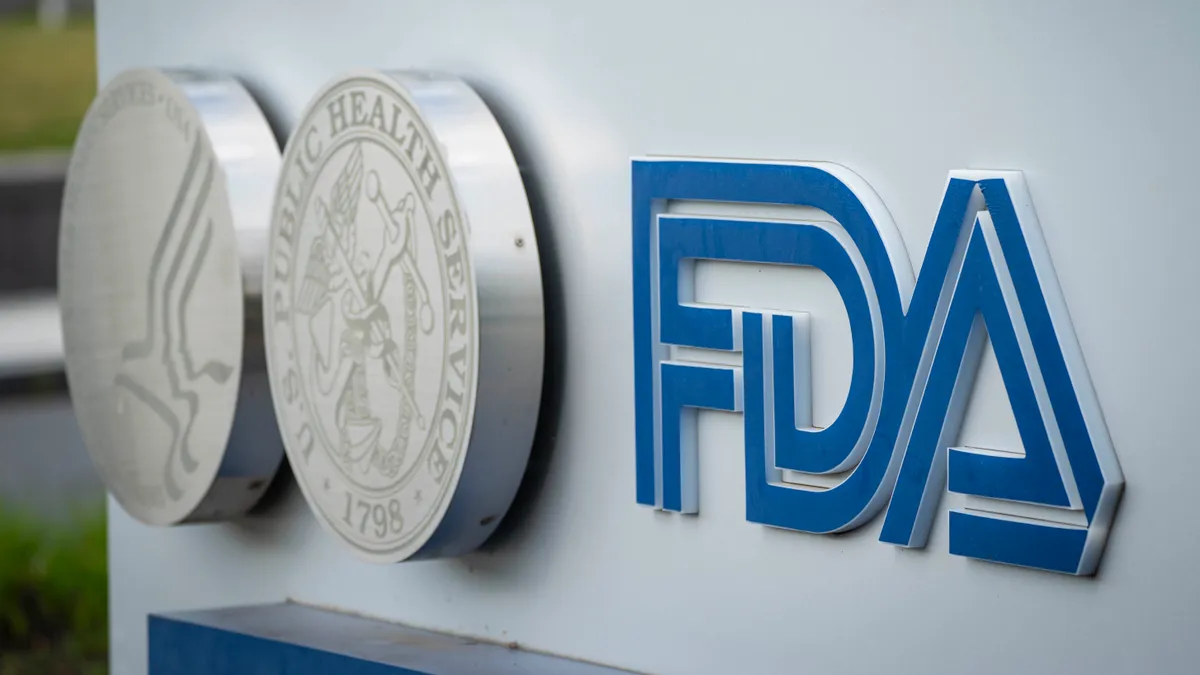Dive Brief:
- FDA has authorized software from Paige.AI to help pathologists identify evidence of prostate cancer in digitally-scanned slides of biopsies.
- The AI-based product, Paige Prostate, categorizes slides as suspicious or not suspicious based on whether lesions are present. FDA authorized the product via the De Novo pathway on the strength of a study that found it improved the detection of cancer on digital pathology slides by 7.3%.
- Authorization of the product is the latest in a series of milestones for Paige, which has picked up 510(k) clearance for its image viewer, raised more than $220 million and partnered with companies including Philips and Quest Diagnostics in recent years.
Dive Insight:
Paige's rise since its formation in 2017 is built on the digital slide archive of Memorial Sloan Kettering Cancer Center. By using the archive to train algorithms, Paige has created software with the potential to improve the reliability of prostate cancer detection. The software serves as a virtual equivalent to the second set of eyes that studies show is valuable, but labs struggle to routinely apply to slides.
FDA authorized the breakthrough-designated device after reviewing the results of a clinical study in which 16 pathologists examined 527 slide images of prostate biopsies. Around one-third of the slides were from patients with prostate cancer. Each pathologist assessed the slides with and without the assistance of Paige Prostate.
Paige linked the use of the software to a 7.3% improvement in the detection of cancer on individual slide images versus the unassisted reads. There was no effect on the reading of benign slides. The study did not assess whether the software impacted final patient diagnosis.
"Identifying areas of concern on the biopsy image can help pathologists make a diagnosis that informs the appropriate treatment," said Tim Stenzel, director of the Office of In Vitro Diagnostics and Radiological Health in the FDA’s Center for Devices and Radiological Health. “The authorization of this AI-based software can help increase the number of identified prostate biopsy samples with cancerous tissue, which can ultimately save lives.”
An independent test found the software had a sensitivity of 97.7% and specificity of 99.3% when applied to 1,876 prostate core biopsy whole-slide images, although it also found fault with its handling of poor quality scans.
FDA identified false negatives and positives as a potential risk of the software. The risk is mitigated by the limited role the software plays in the diagnostic process. While the software offers assistance, the final diagnosis will rely on the assessment of a qualified pathologist, patient history and potentially additional laboratory studies.
Having previously received a CE mark, Paige is now positioned to promote the product on both sides of the Atlantic while working to bring its breast cancer software to the U.S. market. Paige has tapped investors including Johnson & Johnson Innovation to fund its activities.










